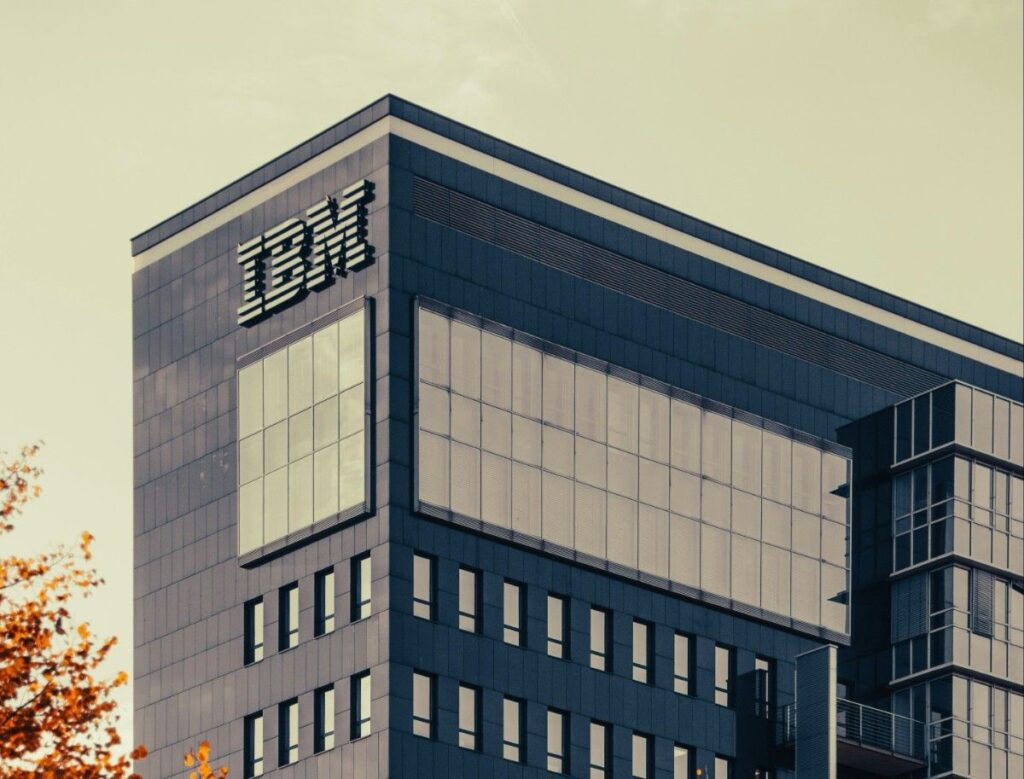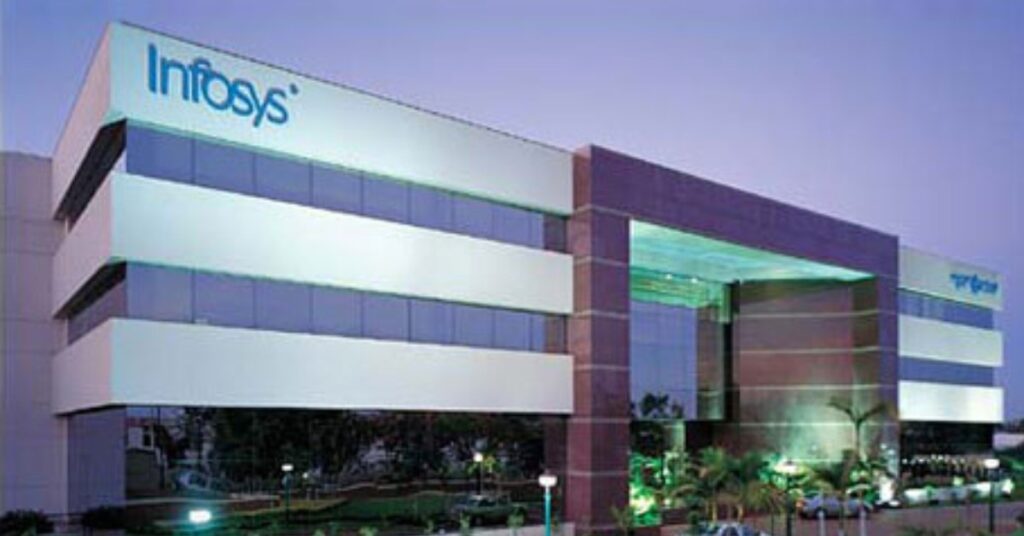IBM has replaced around 200 HR roles with AI agents as part of its broader push toward automation in non-client-facing operations. The company continues hiring in programming, sales, and marketing roles.

In a significant move reflecting the growing influence of artificial intelligence in corporate operations, IBM has replaced around 200 human resources (HR) roles with AI agents. The change is part of a broader transition across the industry, where companies are increasingly adopting automation in non-client-facing functions.
IBM’s initiative signals its intent to streamline internal processes by leveraging AI to manage routine HR tasks. These include functions such as employment verification and internal transfers—areas where automation can improve efficiency without compromising strategic decision-making.
CEO Confirms AI Integration in HR
IBM CEO Arvind Krishna confirmed earlier this week that several hundred HR positions have already been automated. He added that despite these role reductions, overall hiring at IBM has increased, particularly in departments such as software development, marketing, and sales. These roles, he noted, are more reliant on human interaction, creativity, and analytical thinking—skills that AI cannot fully replicate.
Shifting Focus to High-Value Roles
The company’s move is aimed at optimizing its workforce by freeing HR professionals from administrative tasks so they can focus on higher-value strategic functions. This change underscores a trend across the industry where organizations are combining human expertise with AI capabilities to improve productivity.
AI’s Broader Impact on Jobs
According to IBM’s estimates, up to 30% of non-customer-facing roles, including HR positions, could be impacted by AI integration over the next five years. That projection could affect approximately 7,800 roles. However, IBM clarified that this does not mean complete job elimination.
Nickle LaMoreaux, IBM’s Chief Human Resources Officer, explained that AI would largely automate specific tasks within existing roles, rather than replacing jobs entirely. Most roles, she said, will evolve to incorporate AI tools that support and enhance human performance, rather than replace it.
Focus Remains on Human-Centric Departments
While certain internal functions are being automated, IBM continues to prioritize recruitment in areas that rely on human judgment and client engagement. The company’s investment in departments such as programming, sales, and marketing reflects this focus.
IBM’s approach represents a shift in how enterprises view technology—not as a replacement for talent, but as a tool to reimagine roles and boost operational efficiency.
Also Read: Apple to Boost AirPods Production in India with New Jabil Factory in Tamil Nadu: Report











